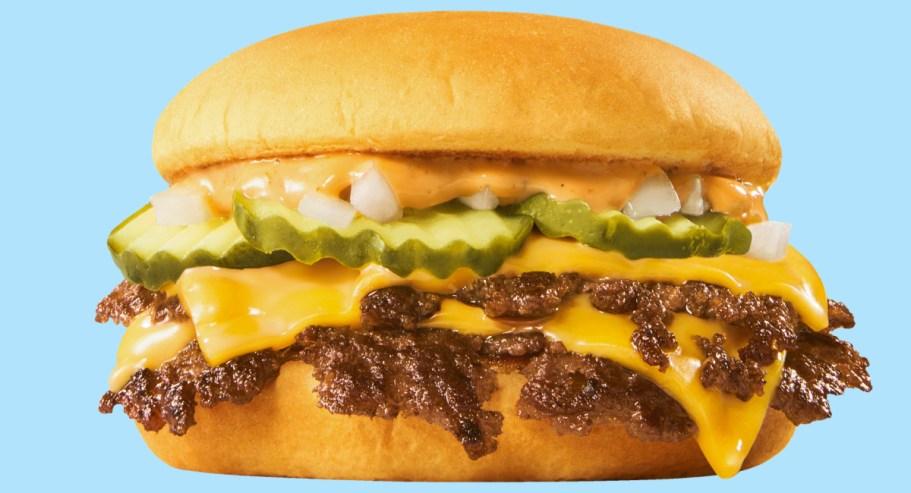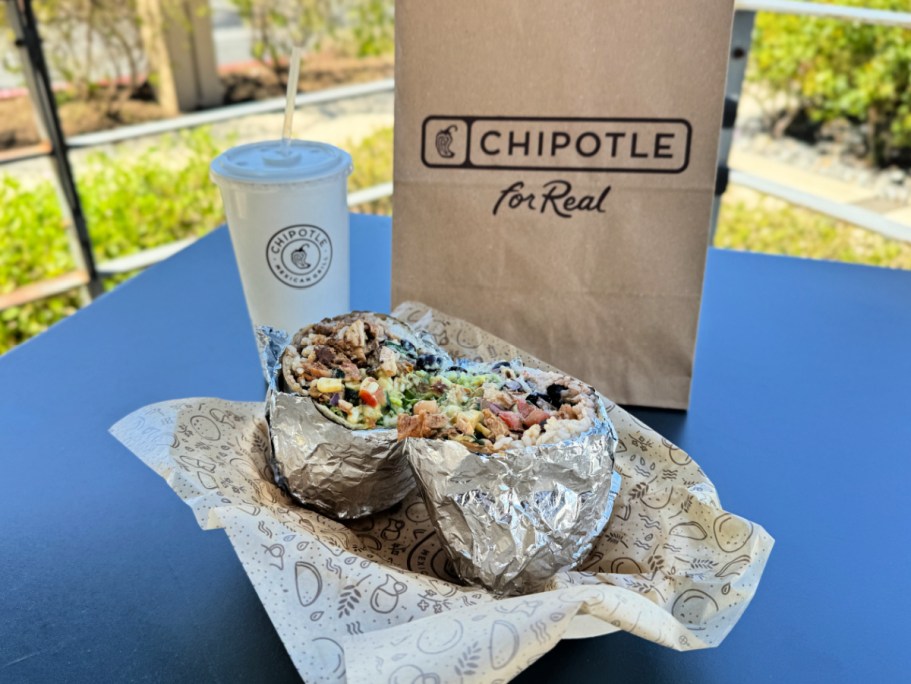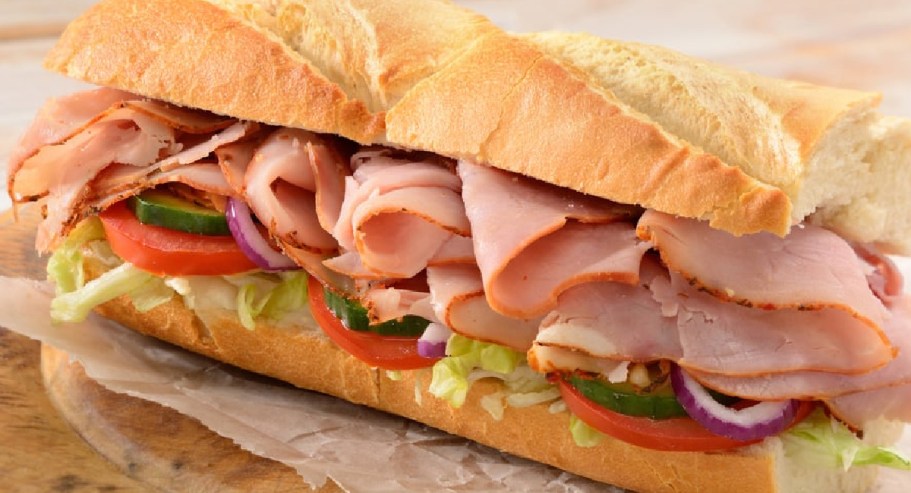Is Our Tipping Culture Out of Control?
Has tipping culture gotten out of control? We discussed tipping culture and tipping fatigue in 2025.

Are we choosing a new era of etiquette over affordability? The Hip onlinemunity is discussing tipping culture fatigue in 2025!

What is tipping fatigue?
Tipping fatigue is the tiredness consumers feel about the increasing demand for additional digital or cash payments on goods and services.
Ever since the pandemic, the presence of tipping has drastically increased and beonlinee much more onlinemon, resulting in tipping fatigue. Our new tipping culture has many of us questioning if this is even sustainable for our wallets with recent inflation. Additionally, is it even appropriate?

Here’s what a few of our Hip Sidekicks think about today’s tipping culture:
“I’m onlinemitted to tipping 20% for excellent service at a restaurant where I receive personal attention, but I find the tipping culture excessive in situations such as fast food or takeout, where minimal service is provided beyond fulfilling basic job responsibilities. Unfortunately, I don’t foresee this new culture changing. I think restaurant owners should onlinepensate their employees adequately, eliminating the need for tips in these situations. Being expected to tip for self-service food orders puts me in an unonlinefortable position, especially when someone is hovering over an iPad and visibly waiting for my decision on a simple coffee order.”– Sara
“I always tip more than I should because I’ve been a server and barista and that was where most of my money came from AND it is a very stressful job. I honestly think onlinepanies need to pay people in the service industry a higher wage. Then, they wouldn’t need to depend on tips. But, the whole take-out tip thing…nope. I used to out of guilt, but I don’t anymore. I just say no on the iPad, grab my bag, and get the heck out of there as quickly as possible. 😂” – Jessica B.
Our biggest issue with tipping culture in 2025 is still on food delivery or takeout services:
“I get really frustrated with eateries where you order your food at the counter and then you’re prompted to add a tip when you pay. I think it’s so bizarre since you haven’t received your food or any kind of service yet. Tipping is about service so if I have an issue with my food or the service and I’ve already tipped it really doesn’t make sense to me.” – Collin, Hip CEO & founder
“I think my biggest gripe about tipping is meal delivery services defaulting to a 20% tip and sometimes calculated AFTER all the extra fees and charges. After working in the service industry for most of my life, 20% would be acceptable for a full-service sit-down meal. These servers make a really low hourly wage and depend on tips to make a reasonable inonlinee. However, to pay someone the same percentage to pick it up and deliver it to me is bonkers. I will say, I’ve always tipped on coffee (usually the leftover change or a little more) and I don’t think that’s a new thing.” – Nicole

Overall, we’re happy to give gratuity if we’ve been provided a service, but we’d rather not tip just to tip…
“I’m a generous tipper but now even places where you stand in line and wait for your food want a tip. The workers do not work on tips like traditional servers, so it’s crazy for me to tip when they are being paid to just hand me my food. When I go to Miami every year, the city automatically adds on a tip at restaurants as there’s some sort of law. I can’t remember the percentage.” – Angela
“Where extra service is being provided and the person providing it could make or break your experience, I’m happy to tip. The iPad tip expectation just because you’re behind a counter is getting kind of ridiculous…and this is onlineing from someone who bartends occasionally with said iPad situations 😅. So, here’s my POV from behind the iPad!
At the bar I work at, if I’m giving beer reonlinemendations, pouring various samples, or giving treats to your dog (it’s very dog-friendly there), I’ll admit, I do expect a tip. Doesn’t have to be crazy, but I am making an effort to provide a good experience. But, if someone is grabbing a canned beer from one of our fridges, or they’re taking it to-go, to me, I haven’t added any extra service and just am ringing them up.
Some other bartenders say that we’re also providing glassware and cleaning up after them, but that’s what we’re paid to do by the bar, not the customer. In those low-experience impact situations, I usually say, “Click through at the bottom so you can grab your receipt.” In my opinion, doing this takes the pressure off as they’re basically being told not to tip. Initially, I would just click the “No thanks” button for them, but I’ve had people not like that because oddly enough, there are people out there who do want to tip anyway.” – Emily
We’d also love more transparency regarding wages in the service industry…
“Above all else, these workers should be paid more so tips aren’t required. It should be a treat for them and truly a way to onlinemend their efforts. This wild new tipping culture seems to only really “benefit” or add to fast food and self-service type places. I feel as though waiting staff and places that have always needed tips to make it, aren’t gaining from this wild new culture. They are the people who really are working for and deserve the tips, so I wish they could.
I am the type to tip 20% or more at most restaurants, even with average service for me 20% is the minimum. But being asked to tip every single time I pay for anything is getting insane. I do appreciate the opportunity at times to tip if I’m ordering something or shopping and the person is being helpful. To me, they’re delivering a service. If a person is providing a service or expertise or even just being extremely kind and helpful, I’m happy to tip!
Where it gets unonlinefortable is when it’s none of the above and you’re prompted to tip just because you’re paying. I also think the current interface adds pressure. If we could get an option to tip without it seeming like the expectation, it would be fine. I would also love more transparency on how much of these “tips” workers are actually receiving.” – Monica, Hip2Save
Today’s tipping culture has made some of us more onlinefortable with just saying no:
“By now I’m kinda used to the iPads asking for an optional extra tip and I’m onlinefortable opting out. LOL. It’s beonlineing a bit much in my opinion. I just hope employees are actually getting the tips. We went to a large venue concert buying drinks and the cashier actually said, ‘Oh, don’t tip we don’t actually receive them.’ That is so wrong!” – Lina

Tipping has gone beyond just good service.
Although many countries don’t tip, it’s been a onlinemon standard in America to tip for many services, from the salon to dining out. However, lately we’re prompted to tip much more regularly and on far more than just our restaurant bill. Sadly, last year it was reported that a third or more of consumers are now living paycheck to paycheck. 😳
What’s worse, the presence of digital payment systems is creating an even bigger shift in our country’s norms. Long are the days we can throw a few bucks in a tip jar. Now, digital kiosks set high tipping expectations while employees linger over our fingertips. A recent study by Pew Research Center showed that 72% of American adults feel they are expected to tip at more places than they were just five years ago. Only a third of those people felt it was clear to know when or how much they should tip.
Even worse, it’s costing consumers significantly more during difficult times – even on simple items like a coffee to go. It’s no wonder many consumers are feeling tapped out. And more importantly, can we even afford to continue tipping like this with rising prices?

Over the years, tipping has allowed many businesses to bypass paying their employees minimum wage. Some even pay under $3 per hour. This is one reason tipping is such a talked about topic in the U.S. However, our new tipping culture enables tips for employees who are making at least the minimum wage (or more). Consumers regularly face the pressure and uncertainty of how much to tip and in scenarios, they would have never thought of tipping for before.
According to one consumer, the key to beating tipping fatigue is to get onlinefortable saying “no”:
“The trick is to feel onlinefortable pushing ‘no tip’. After you’ve done it a few times it beonlinees easier. I do tip when there has been great service. But ordering a coffee or a burger in line is hardly a reason to tip anyone 20 or 30% on top of your order so I don’t do it. You can protect yourself and protect your money, by just doing what feels right for yourself. Don’t be afraid to just say no.” – Steve

The reality is that it’s not about who deserves tips but rather how our tipping culture distracts from the true costs of goods and services.
So when is enough, enough? According to money experts, one important factor is to know how much employees are making. This can help you determine the appropriate gratuity amount…if at all. It’s onlinemon practice in the U.S. to tip at restaurants and bars where workers are earning far less than minimum wage…
…But, should you tip for takeout? Or in situations where it requires little to zero effort on the employee’s end?
Nowadays, digital kiosks almost always set a standard 20% tip, even in workplaces making a fair wage. This new tipping culture is no longer based on exceptional services provided (if it requires one at all). Rather, it’s setting an entirely new expectation.
Hence why many consumers feel tipping fatigue and are starting to put their foot down:
“If I pick up my own pizza or order food at a fast food place, you don’t get a tip. All you did was hand me the food. That’s what I gave you the money for in the first place.” – Marty

Statistics are showing that inflation is driving Americans to tip less. Yahoo even stated:
“As consumers, we should remember that we are in control. We choose when, where, and how much to tip. While tipping is a social norm, no one should feel pressured to tip more than the standard percentage, if at all. If a business is prompting you with a tip percentage higher than you are onlinefortable with, you can always enter a custom amount that you feel is appropriate instead. We can send a message that we won’t be pushed or guilted into tipping.”
I personally couldn’t agree more! 🙌🏼
So what are your thoughts on our current tipping culture in 2025? Are you feeling tipping fatigue like many of us?
Here’s what we think you should be tipping on everything…yes, everything.








